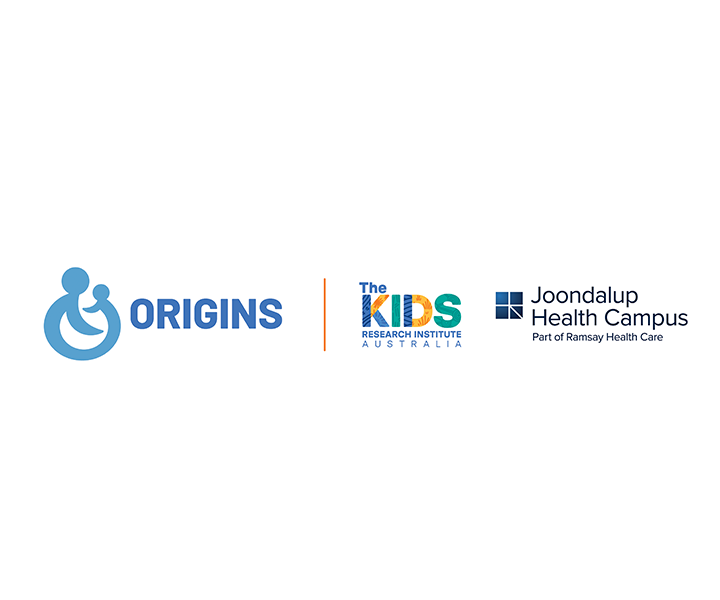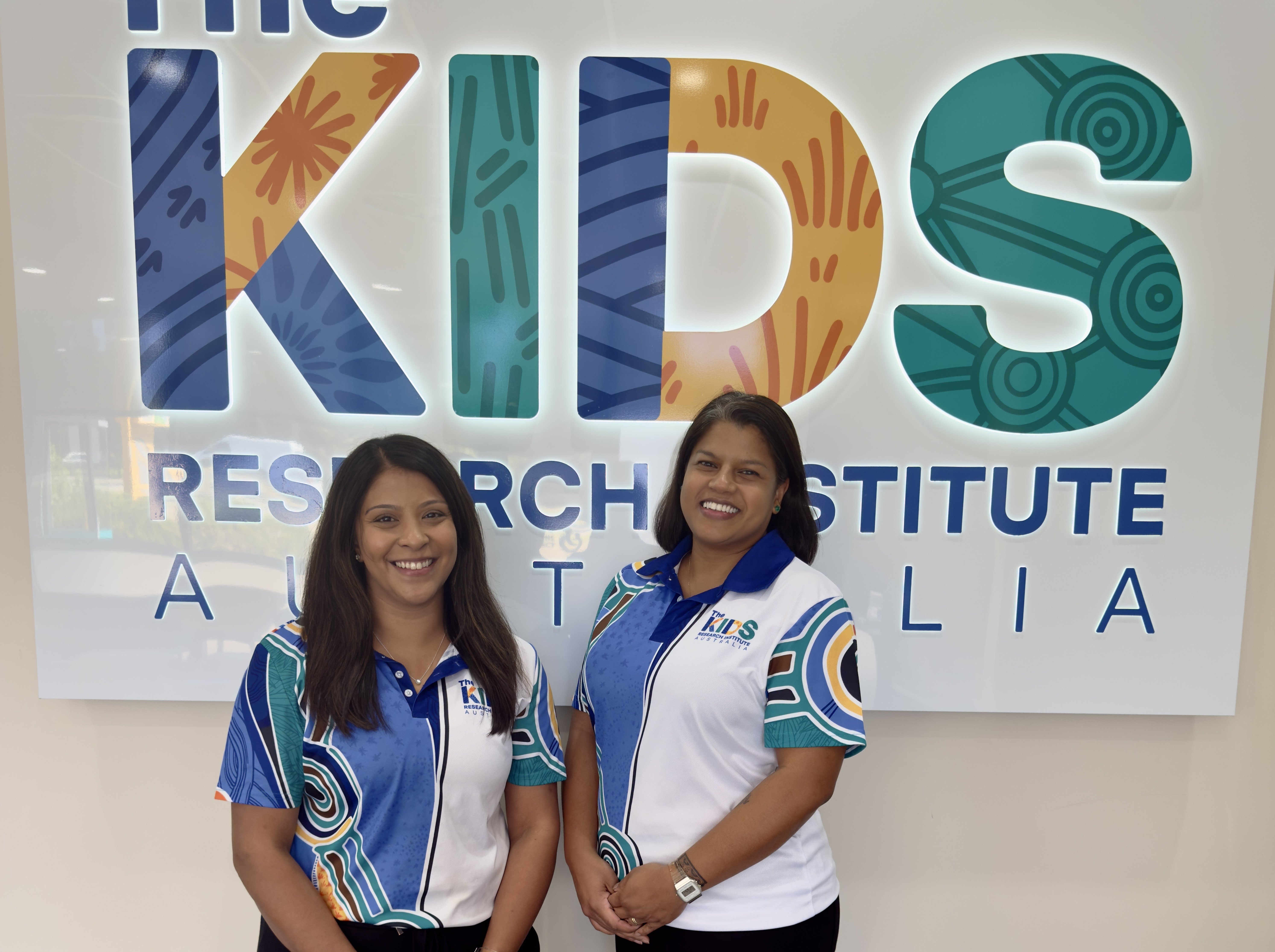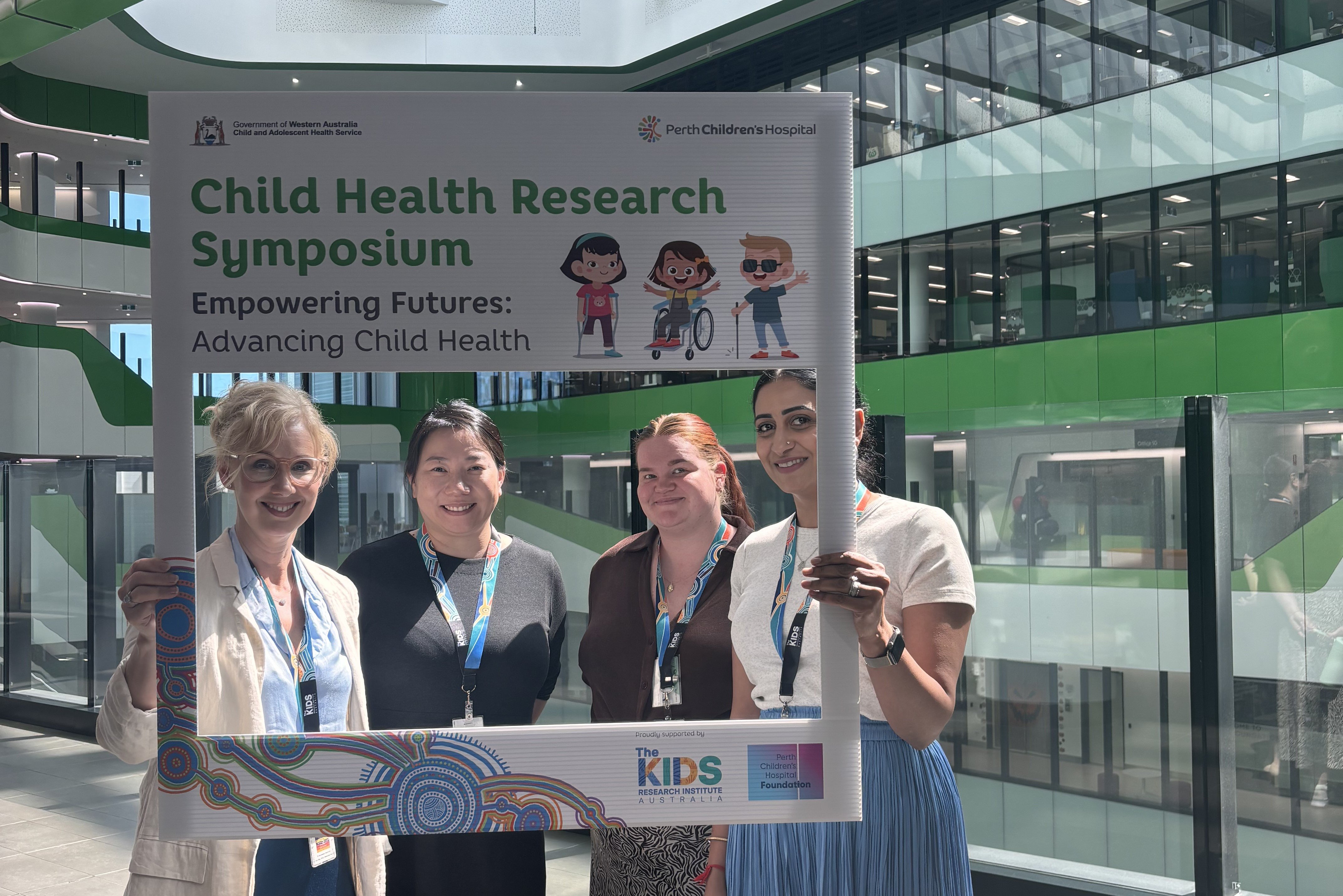Search
Latest news & events at the Wesfarmers Centre of Vaccines & Infectious Diseases.
IIC Perth 2019 Faculty Testimonials Contact us I liked the breadth available in the course: both local and international, and very specialised areas

News & Events
Respiratory SymposiumMore information For more information regarding the Respiratory Symposium, please contact Dr Hannah Moore.
Find out more about the scholarship opportunities at the Wesfarmers Centre, including Training Scholarships and Higher Degree by Research Scholarships.
Wesfarmers Centre of Vaccines & Infectious Diseases resources

ORIGINS is the largest study of its kind in Australia, following 10,000 children, from their time in the womb, over a decade to improve child and adult health.

News & Events
ORIGINS begins collecting baby teeth to unlock new insights into child health research.All participating families to receive $10 e-voucher for this generous donation.*

News & Events
International Women's Day 2025Hear from Avril Bezant, ORIGINS Data Coordinator, and Alexis Harun, ORIGINS Paediatric Coordinator, and be reminded that it’s never too late to pursue your passion along with their hopes for women entering a STEM career.

News & Events
ORIGINS Features at The CAHS SymposiumORIGINS featured heavily at this years Child and Adolescent Health Services (CAHS) Symposium, with presentations from our Co-Director, Professor Desiree Silva, and ORIGINS Data Manager, Dr Sarah Whalan.

News & Events
The Power of Longitudinal Cohorts – The 2024 ORIGINS ShowcaseYesterday, we were delighted to host close to 200 people at The ORIGINS 2024 Showcase, which explored the power of longitudinal cohorts, now and in
